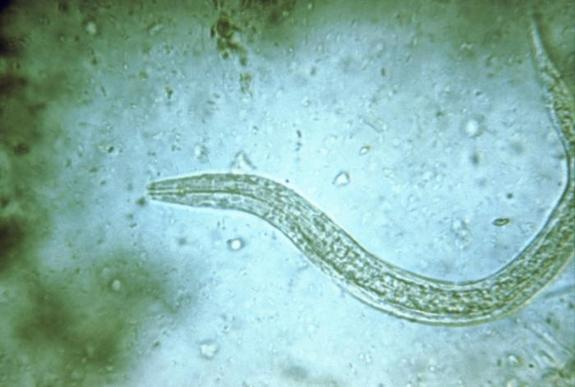Here’s some good news for diabetes patients. A clinical trial that involves infecting humans with live hookworms has proven beneficial for patients at risk of type 2 diabetes.
Studies have shown that with the eradication of parasite worms, the cases of human inflammatory and metabolic diseases such as type 2 diabetes have hiked. Researchers from James Cook University, Australia, conducted the world’s first human trial to analyze the protective role of parasitic worms against metabolic disorders. Their findings suggest a substantial improvement in insulin resistance and metabolic health with hookworm infection.
There were 40 participants identified with early warning signs of metabolic diseases such as type 2 diabetes. They were injected with microscopic hookworm larvae.
“Participants were inoculated with either 20 or 40 infectious larvae of the human hookworm species Necator americanus or a placebo. All trial participants had risk factors for developing cardiovascular disease and type 2 diabetes. The trial delivered some considerable metabolic benefits to the hookworm-treated recipients, particularly those infected with 20 larvae,” Dr. Doris Pierce, who led the study, said.
After two years, the participants were offered a deworming medication or the option to stay in the trial for another 12 months. Those injected with 20 larvae showed a substantial drop in insulin resistance from a pre-trial level of 3.0 units to just 1.8 units within a year. They also showed an improvement in mood.
“That was an interesting observation as well, given that much of the trial took place during the first waves of the COVID-19 pandemic. I think to see any improvement in mood was remarkable in itself,” Pierce said.
The study suggests the use of hookworms is safe and calls for further large-scale future trials.
“This early-phase JCU clinical trial provides proof of concept that infection with live hookworms is safe and appears to lead to some improvements in people’s metabolic health, which…
Read the full article here








